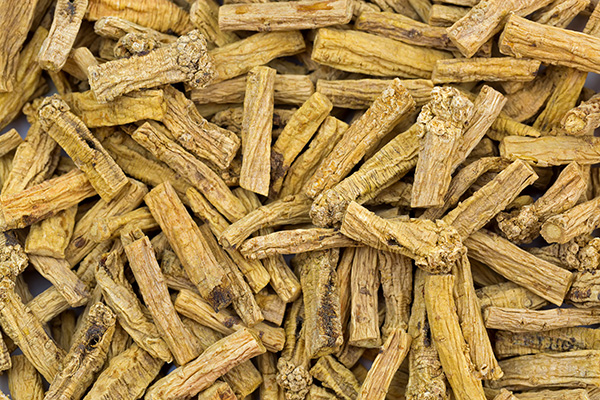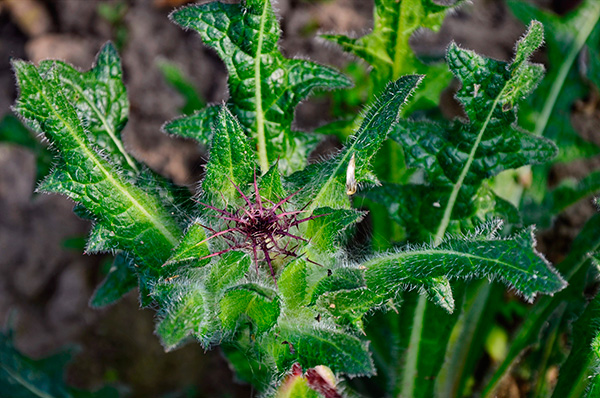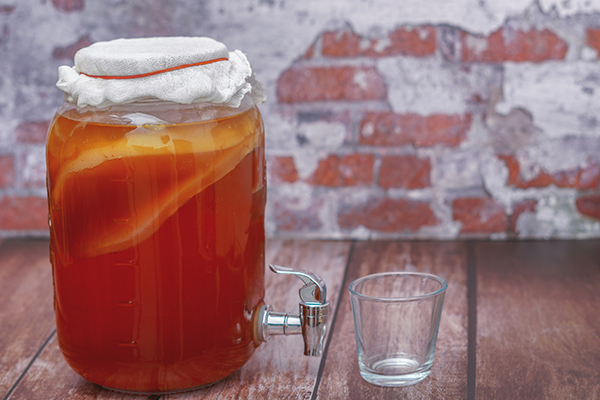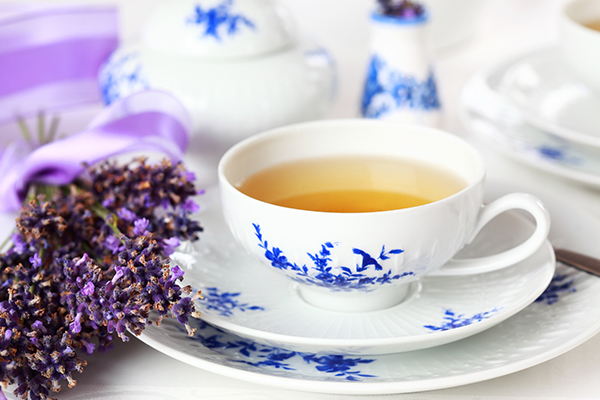Danshen Tea: Benefits, Side Effects, and How to Make It
Danshen tea, a traditional Chinese remedy, is garnering attention globally for its potential health benefits. But what is it exactly, and how can it impact your health?

What Is Danshen Tea?
Danshen tea is derived from the root of the Salvia miltiorrhiza plant, commonly known as red sage or danshen. This herb has been a mainstay in traditional Chinese medicine for centuries, often used to improve circulation and heart health. The tea brewed from this herb is aromatic, bitter-sweet, and packed with potentially beneficial compounds.
Potential Health Benefits of Danshen Tea
The potential health benefits of Danshen tea are primarily rooted in its rich profile of antioxidants and anti-inflammatory compounds.
Supports Heart Health
Danshen tea is traditionally used in Chinese medicine to support heart health. Recent scientific studies have indicated that compounds in Danshen can help protect the heart against damage, primarily by reducing inflammation and oxidative stress.
May Improve Circulation
Danshen is well-known for its potential to improve blood circulation. It may help prevent blood clots and reduce the risk of stroke and other heart-related diseases. This property makes Danshen tea an excellent choice for those wanting to support their cardiovascular health.
Green, Cinnamon, Turmeric, Ginger, Ginkgo Biloba, and Hawthorn are among other teas that can promote better blood circulation.
Could Aid in Diabetes Management
Some studies suggest that Danshen tea may have beneficial effects for people with diabetes. It appears to help lower blood sugar levels and improve insulin sensitivity, making it a potentially helpful adjunct therapy for managing this condition.
Danshen Tea Side Effects
While Danshen tea can be beneficial, it’s also essential to know about its potential side effects.
May Cause Low Blood Pressure
Because of its blood circulation-enhancing properties, Danshen tea might lower blood pressure. While this can be beneficial for some, it may cause problems for individuals with naturally low blood pressure or those taking blood pressure medications.
Could Increase Bleeding Risk
As Danshen tea may prevent blood clots, it could increase the risk of bleeding. This is particularly concerning for people who have bleeding disorders or are taking medications that affect blood clotting.
Who Should Not Drink Danshen Tea?
Individuals with low blood pressure, bleeding disorders, or those on blood-thinning medication should avoid Danshen tea unless under medical supervision. Pregnant and breastfeeding women should also avoid drinking it, as not enough is known about its safety in these situations.
How to Make Danshen Tea
Making Danshen tea at home can be a simple and rewarding process.
- Add 1-2 teaspoons of dried Danshen root to a teapot.
- Pour boiling water into the pot.
- Let the tea steep for 5-10 minutes.
- Strain the tea into a cup and enjoy.
While this is a common method of preparation, always follow the manufacturer’s instructions if using a branded Danshen product.
Final Thoughts
Danshen tea, with its potential health benefits and distinct flavor, can be a valuable addition to a healthy lifestyle. As with all herbal teas, remember to consume it in moderation and pay attention to your body’s responses.
FAQ
What Does Danshen Tea Taste Like?
Danshen tea has a unique flavor that can be described as bitter-sweet with a hint of earthiness. Its aromatic nature adds to the overall sensory experience.
When Should I Drink Danshen Tea?
There’s no specific best time to drink Danshen tea. However, because it might have a relaxing effect, it could be enjoyed in the evening to unwind. Remember to listen to your body and adjust consumption as needed.
How Often Can You Drink Danshen Tea?
While there are no strict guidelines on how often you should drink Danshen tea, moderation is key. Start with one cup a day and observe your body’s reactions. Always follow the manufacturer’s guidelines if available.
How Long Can You Drink Danshen Tea Safely?
The safety of long-term Danshen tea consumption hasn’t been thoroughly researched. As a general rule, it’s best to have periods of rest from any herbal tea, including Danshen, to prevent potential side effects. Again, if using a branded product, follow the instructions provided by the manufacturer.






